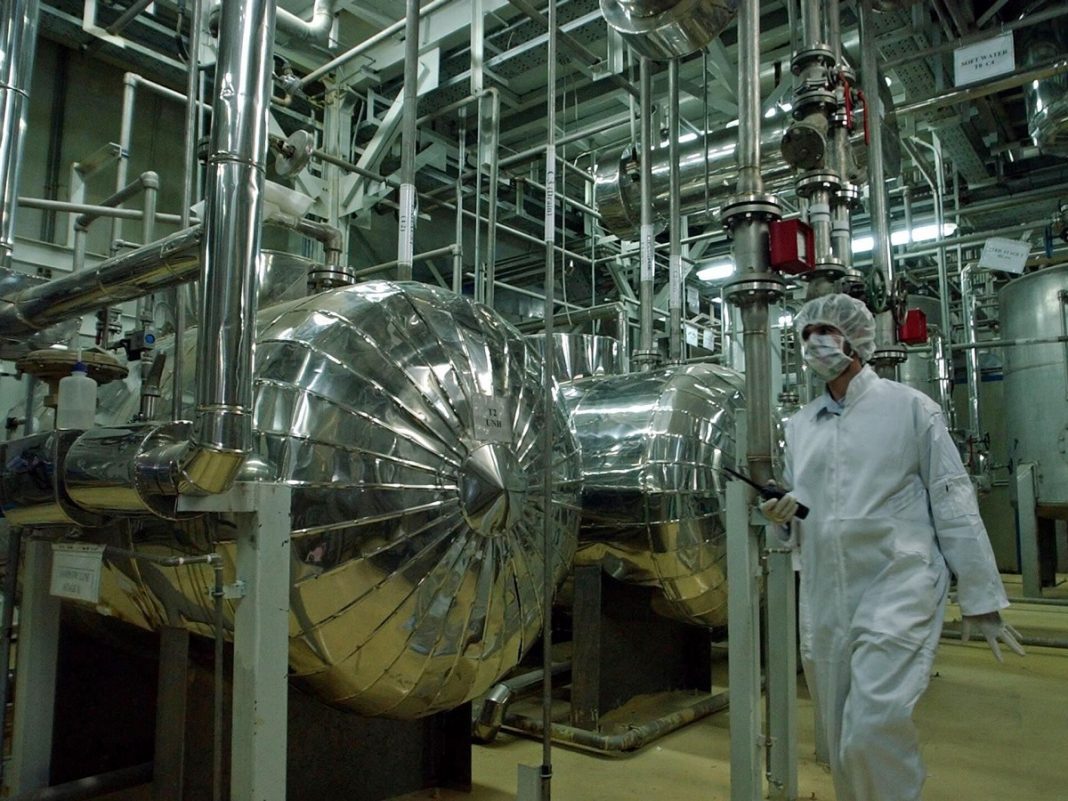The head of the Atomic Energy Organization of Iran (AEOI) Mohammed Eslami, in a visit to Natanz nuclear facility in central Iran on Thursday, told reporters that the nuclear deal with the West, known as the Joint Comprehensive Joint Plan of Action (JCPOA), was meant to disprove the Western claims on Iran’s nuclear activities during the past two decades.
Eslami noted after the 2015 deal, Iran gave up its inalienable rights and agreed to limit its nuclear activities as a confidence-building measure in exchange for closing the so-called PMD case forever and easing of sanctions.
The Iranian official said the accusations are based on alleged evidence provided by Israel, asserting, “Psywar, political and media pressures and campaigns against Iran have never had any effect in the past and it will continue to be the same.”
After a controversial trip by the International Atomic Energy Agency (IAEA)’s Director General Rafael Grossi to Israel, the agency’s Board of Governors adopted an anti-Iran resolution last week, making the process of negotiations more complicated.
In response to the Western resolution passed on June 8 over Tehran’s “lack of cooperation”, Iran disconnected some of the UN agency’s surveillance cameras. Iran had allowed more surveillance of its nuclear sites as a goodwill gesture and beyond its safeguards commitments. Now all cameras within the safeguards obligations are in place.
Eslami said if the West shows goodwill and abides by the commitments stipulated in the JCOPA, Iran is also ready to reciprocate the move.
